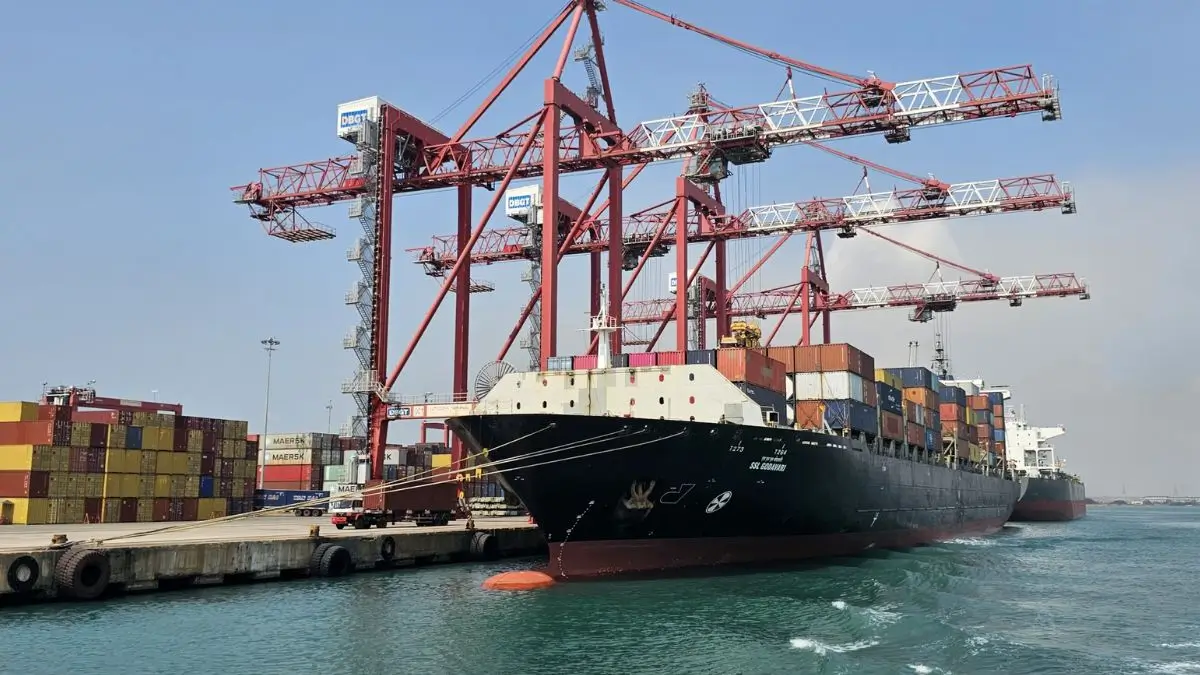Global Public Debt Set to Exceed $100 Trillion, Warns IMF
Introduction to the Concern
The International Monetary Fund (IMF) has issued a stark warning that global public debt is projected to surpass a staggering $100 trillion in the coming years. This alarming figure highlights the growing financial challenges faced by nations worldwide as they navigate the complexities of economic recovery post-pandemic, exacerbated by ongoing geopolitical tensions and rising interest rates.
The Rising Tide of Debt
The IMF’s latest report underscores that public debt levels have surged dramatically, driven by extensive government spending to mitigate the impacts of the COVID-19 pandemic. Many countries have resorted to borrowing to fund health initiatives and economic relief programs. As a result, the global public debt-to-GDP ratio has reached unprecedented heights, raising concerns about sustainability and fiscal responsibility.
The Impact of Rising Interest Rates
The situation is further complicated by the rising interest rates, which have increased the cost of borrowing for governments. The IMF warns that higher interest rates could lead to significant debt servicing challenges, especially for developing economies that are already grappling with limited fiscal space. This could result in austerity measures, potentially hampering economic growth and social stability in these nations.
Calls for Reform
In light of these developments, the IMF emphasizes the need for comprehensive reforms to address public debt levels sustainably. Policymakers are urged to adopt sound fiscal policies, enhance revenue generation, and prioritize investments that stimulate economic growth. Furthermore, international cooperation is deemed essential to ensure financial stability and equitable growth across borders.
Conclusion
The IMF’s warning about global public debt crossing the $100 trillion mark serves as a wake-up call for governments and policymakers. It highlights the critical need for sustainable fiscal policies and international collaboration to tackle the growing debt crisis and its implications for global economic stability.

Why This News is Important
Economic Stability at Risk
The IMF’s projection of global public debt exceeding $100 trillion poses a significant threat to economic stability worldwide. As governments struggle to manage their finances, the risk of defaults and financial crises could increase, impacting global markets and economies.
Policy Implications
This alarming debt level necessitates urgent policy interventions. Governments must develop strategies to manage debt sustainably, ensuring that borrowing does not hinder future growth prospects. This news serves as a crucial reminder for policymakers to prioritize fiscal responsibility.
Social Consequences
High public debt levels can lead to austerity measures that adversely affect public services, education, and healthcare. The potential for increased taxes or reduced government spending could have dire social consequences, particularly for vulnerable populations.
Global Cooperation Required
The IMF emphasizes the need for international cooperation to address the debt crisis. Countries must work together to develop solutions that promote fiscal sustainability and economic growth, ensuring that no nation is left behind in the recovery process.
Long-Term Economic Growth
Understanding the implications of rising public debt is vital for long-term economic growth. Policymakers need to prioritize investments that foster sustainable growth rather than relying solely on borrowing, ensuring future generations are not burdened with unsustainable debt levels.
Historical Context
The Evolution of Global Debt
The trend of rising global public debt is not new; it has been a persistent issue over the past few decades. Following the 2008 financial crisis, many countries increased their borrowing to stimulate their economies. The COVID-19 pandemic exacerbated this trend, leading to unprecedented fiscal measures.
Debt in Developing Economies
Developing countries have faced particular challenges regarding public debt. Many have struggled to manage debt levels due to limited fiscal space and reliance on external borrowing. The IMF has often provided support and guidance to these nations to help them navigate their debt challenges.
The Role of the IMF
The IMF plays a critical role in monitoring global economic stability, providing financial assistance, and advising governments on fiscal policies. Its warnings about public debt levels highlight the importance of addressing this issue to maintain global financial stability and foster sustainable economic growth.
Key Takeaways from Global Public Debt Exceeding $100 Trillion
| S.No | Key Takeaway |
|---|---|
| 1 | Global public debt is projected to surpass $100 trillion. |
| 2 | Debt levels have surged due to pandemic-related spending. |
| 3 | Rising interest rates increase borrowing costs for governments. |
| 4 | The IMF calls for comprehensive reforms to address debt sustainability. |
| 5 | International cooperation is essential to manage the growing debt crisis. |
Important FAQs for Students from this News
1. What is the current global public debt level?
The International Monetary Fund (IMF) has projected that the global public debt is set to exceed $100 trillion in the coming years.
2. What factors have contributed to the increase in global public debt?
The surge in global public debt is largely attributed to extensive government spending during the COVID-19 pandemic and rising interest rates, which have increased borrowing costs.
3. Why is high public debt a concern for governments?
High public debt levels can lead to sustainability issues, potentially resulting in defaults, financial crises, and the need for austerity measures that affect public services.
4. How can countries address the rising public debt?
Countries are urged to adopt sound fiscal policies, enhance revenue generation, prioritize investments that stimulate growth, and foster international cooperation to tackle the debt crisis.
5. What role does the IMF play in managing global public debt?
The IMF monitors global economic stability, provides financial assistance to countries in need, and advises governments on fiscal policies to ensure sustainable management of public debt.
Some Important Current Affairs Links

















